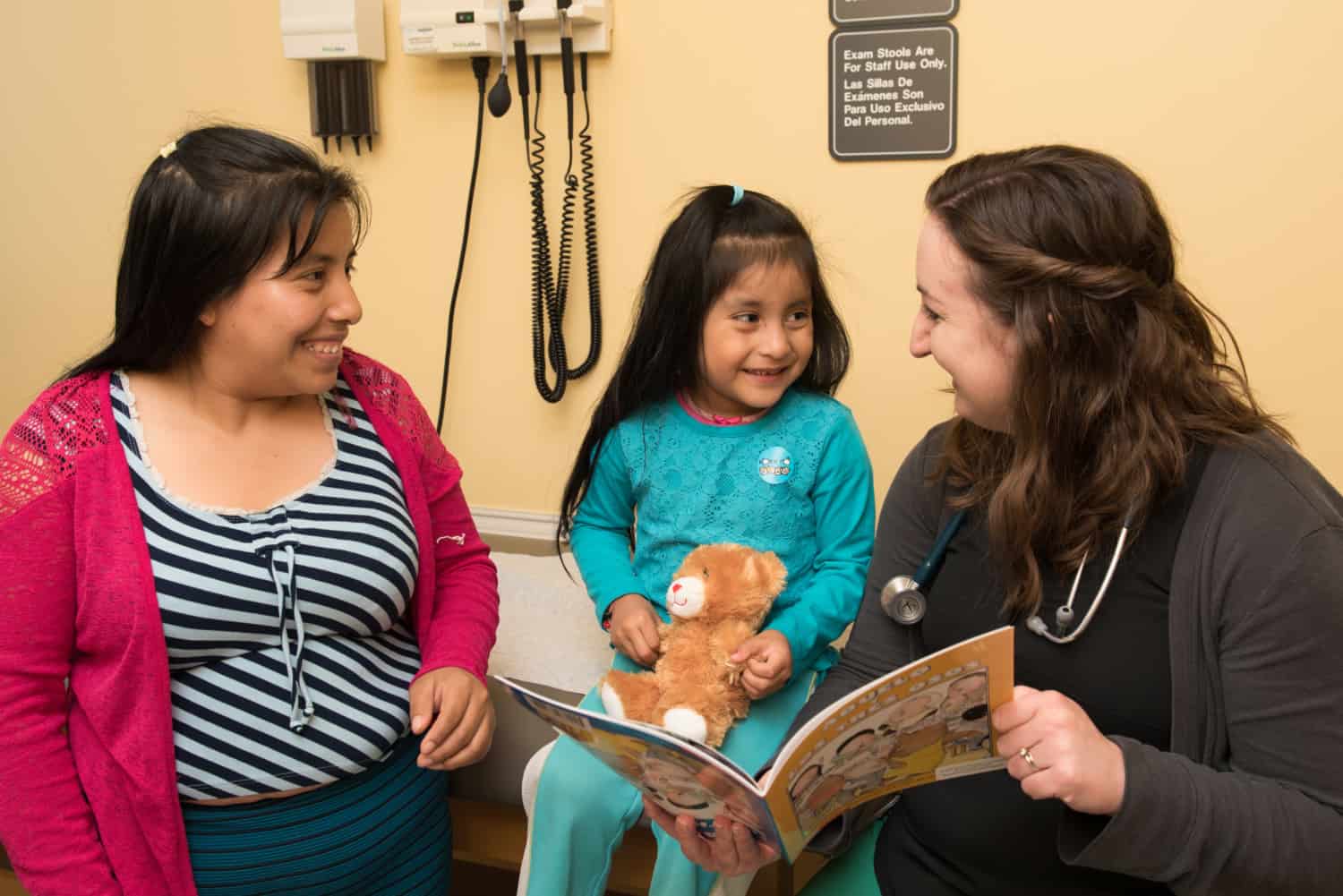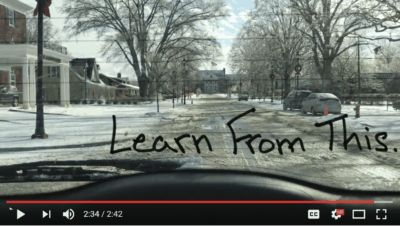A book is a powerful tool and primary care providers are powerful messengers.
The medical home plays a distinct role in education and influencing literacy development. With unparalleled access to families with young children, primary care providers are in a key position to encourage parents and caregivers to engage with their infants and toddlers, building the foundation for school and life success.
Growing up with books in the home and being read to as a child helps develop literacy and language, which are major components essential to eventual academic success.
A recent article from the American Academy of Pediatrics’ (AAP) Council of Early Childhood and Council on School Health examined the Pediatrician’s Role in Optimizing School Readiness and stated “…within the context of a medical home, which provides compassionate, coordinated, family-centered, accessible, and culturally sensitive care, the pediatrician will have a foremost role in monitoring the critical elements of early experiences that foster school readiness.”
In addition, the AAP issued a policy statement saying that all pediatric primary care should include literacy promotion, starting at birth. This means pediatricians taking care of infants and toddlers should routinely be advising parents about how important it is to read to even very young children. The policy statement included a review of the extensive research on the links between growing up with books and reading aloud, and later language development and school success.
Reach Out and Read Carolinas’ vision is to provide a medically-based literacy intervention for all children birth to 5 across North and South Carolina, beginning with families living in poverty. By changing the way parents interact with their children daily around language and literacy, we will prepare children for lifelong success. And, by changing the way primary care physicians are trained, will create a whole new generation of medical providers addressing the social determinants of health and making the healthy development of children a priority, to help build secure families and strong communities.
We know that critical brain development happens in the First 2,000 Days of life. There is extremely strong evidence that a child’s first years of life establish the foundation of lifelong experiences. Early childhood relationships and experiences – both positive and negative – have a significant impact on an individual’s health, educational, and economic outcomes decades later, through adolescence and into adulthood.
These numbers point to an alarming health equity issue that impacts millions of kids each year: the gap between the reading-haves – those with ample access to books and reading role models – and the have-nots. An array of consequences including academic failure, obesity, substance abuse, teen pregnancy, and juvenile delinquency have been linked to a child’s literacy level and correlated with inadequate early exposure to books.
Poverty is an important social determinant of health and contributes to child health disparities. Children who experience poverty, particularly during early life or for an extended period, are at risk for a host of adverse health and developmental outcomes through their life course.
“Infancy is such a crucial time,” says Dr. Anna Miller-Fitzwater, Assistant Professor of Pediatrics at Brenner Children’s Hospital at Wake Forest Baptist Medical Center. “Reach Out and Read is an important tool in helping families understand the importance of reading and how early literacy plays a role in their child’s healthy development, school and life success.”
Early literacy promotion in the medical home through Reach Out and Read advances reading readiness by approximately 6 months when compared with controls. In addition, parents in Reach Out and Read practices are 2.5 times as likely to read to their children and more likely to spend time with their children in interactive play than are families who are not in Reach Out and Read.
Investments in the early life experiences of all young children yield significant positive returns and save money on increased health care expenses and other societal costs. The earliest years of life embody the undeniable intersection of health and literacy – it is a time when the brain is developing and the brain architecture is literally being built by the experiences of a child. There is perhaps no understand more critical than this in building a healthy foundation for children. The traditional silos of health and education will not support the foundational growth of a child’s brain and body in the early years. We simply must embrace this natural connectivity, and support health and education where they most critically intersect – with our youngest citizens.
Learn more about the impact of Reach Out and Read Carolinas at www.rorcarolinas.org.





